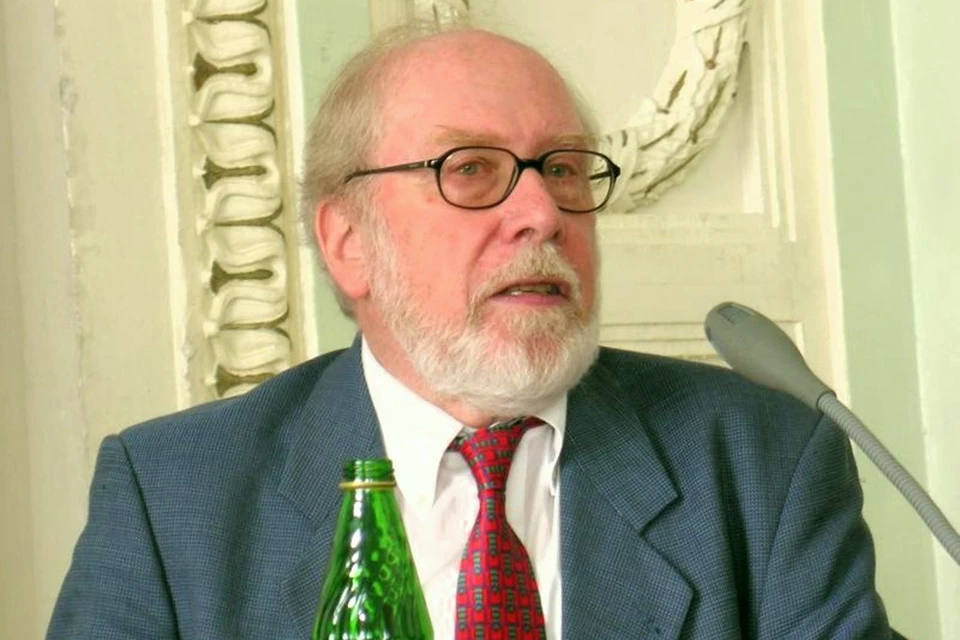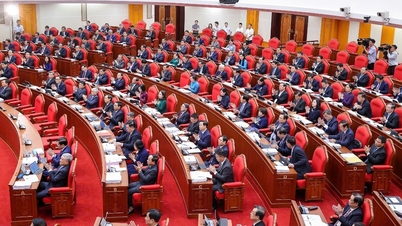Niklaus Emil Wirth was born on February 15, 1934, in Winterthur, a suburb of Zurich. In 1959, he received his bachelor's degree from the Swiss Federal Institute of Technology, where he later returned to conduct much of his research. He received his master's degree from Laval University (Canada) in 1960 and his doctorate from the University of California, Berkeley (USA) in 1963. He spent the next four years as an assistant professor of computer science at Stanford University (USA). During this time, he worked on his first two programming languages: Euler (released in 1965) and PL/360 (released in 1968).

He invented the Pascal programming language in 1970.
Wirth was invited to join the development team for the alternative programming language ALGOL 60. Along with British scientist Tony Hoare, he prepared the ALGOL-W project, but this was rejected in favor of the more complex ALGOL-68 project. Wirth then continued his work and published his own programming language called Pascal in 1970, which was less compatible with ALGOL. Subsequently, ALGOL's influence began to wane, and Pascal continued to evolve to this day. The complexity of ALGOL-68 opened the way for simpler languages like C and C++. In 1976, Wirth released the Modula programming language, which was superseded by Modula-2 a year later.
In the latter half of the 1980s, after returning to Zurich from the United States, Wirth began working on the Oberon project – a programming language and operating system of the same name.
Wirth is also known for his "Wirth's Law," stating: "The rate of hardware evolution is not equal to the rate of software degeneration." He retired in 1999, and the latest version of Oberon OS, 2.3.6, was released in 2000. In 2013, just before his birthday, he released an updated version of the Oberon project.
In his work, as well as in the programming languages and tools he creates, Wirth advocates for the development of smaller, more efficient software.
Source link



















































































































Comment (0)